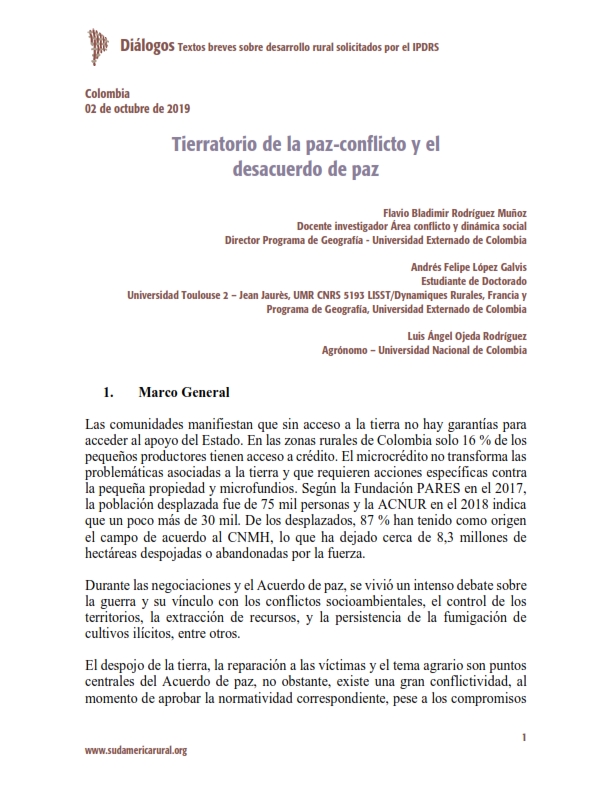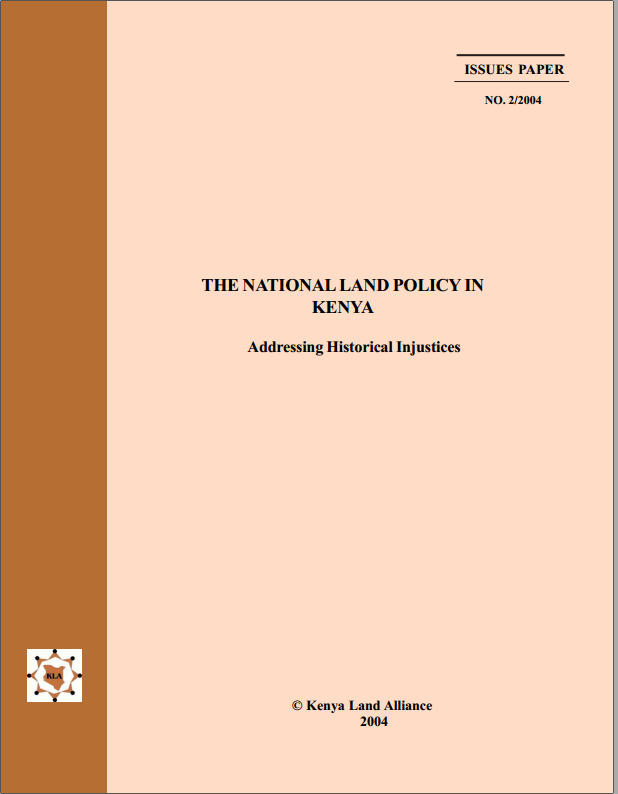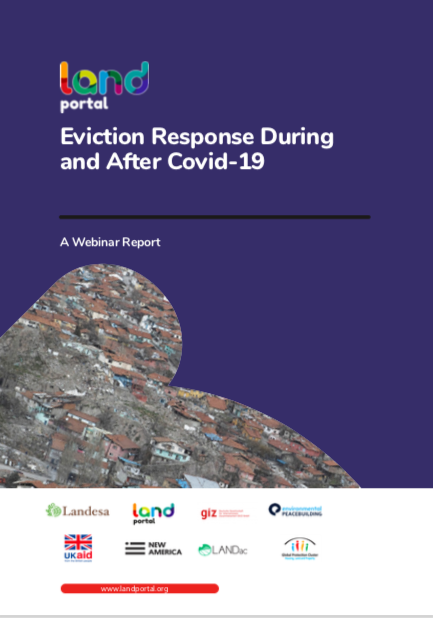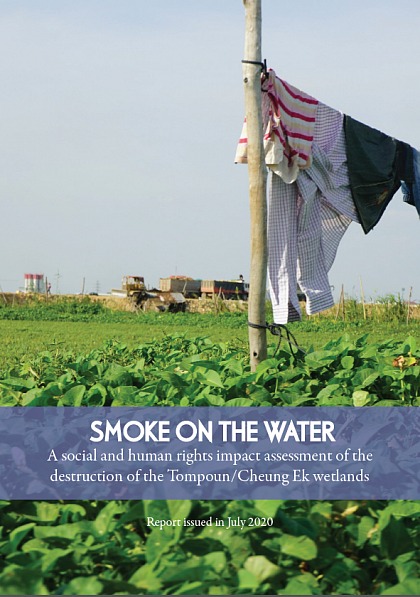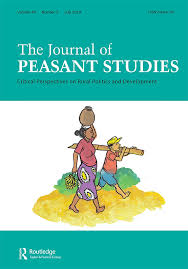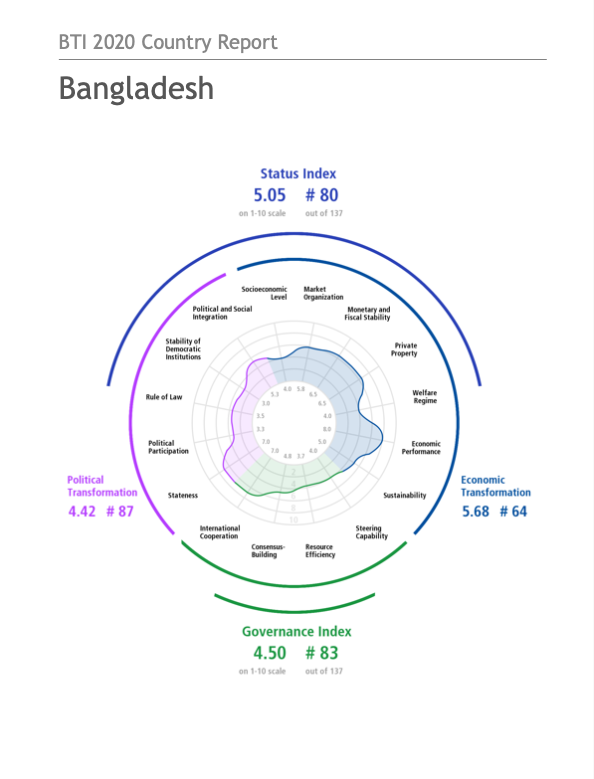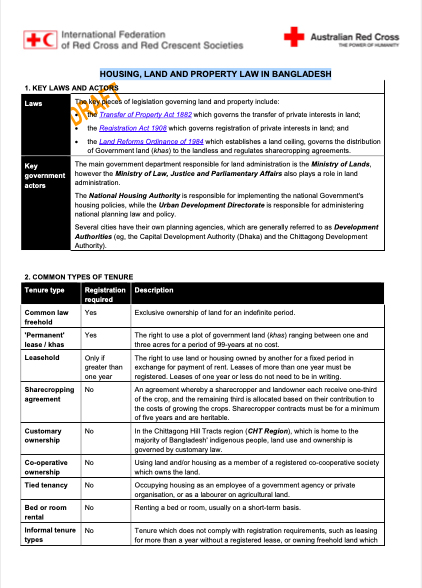Tierratorio de la paz-conflicto y el desacuerdo de paz
Tierratorio de la paz-conflicto y el desacuerdo de paz
Flavio Bladimir Rodríguez Muñoz
Docente investigador Área conflicto y dinámica social
Director Programa de Geografía - Universidad Externado de Colombia
Andrés Felipe López Galvis
Estudiante de Doctorado
Universidad Toulouse 2 – Jean Jaurès, UMR CNRS 5193 LISST/Dynamiques Rurales, Francia y Programa de Geografía, Universidad Externado de Colombia
Luis Ángel Ojeda Rodríguez Agrónomo – Universidad Nacional de Colombia
Marco General

